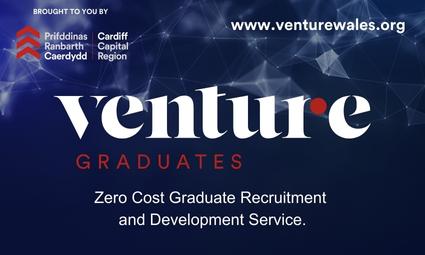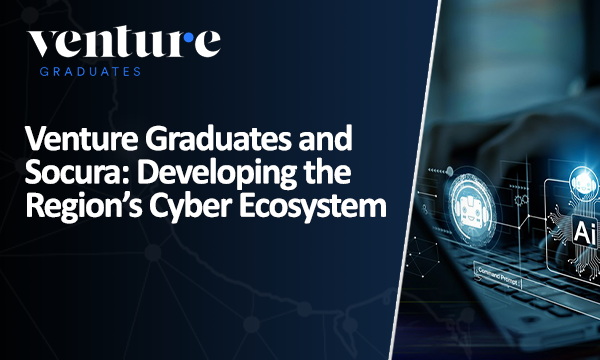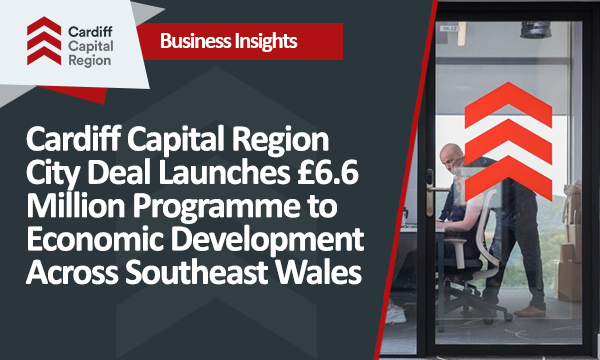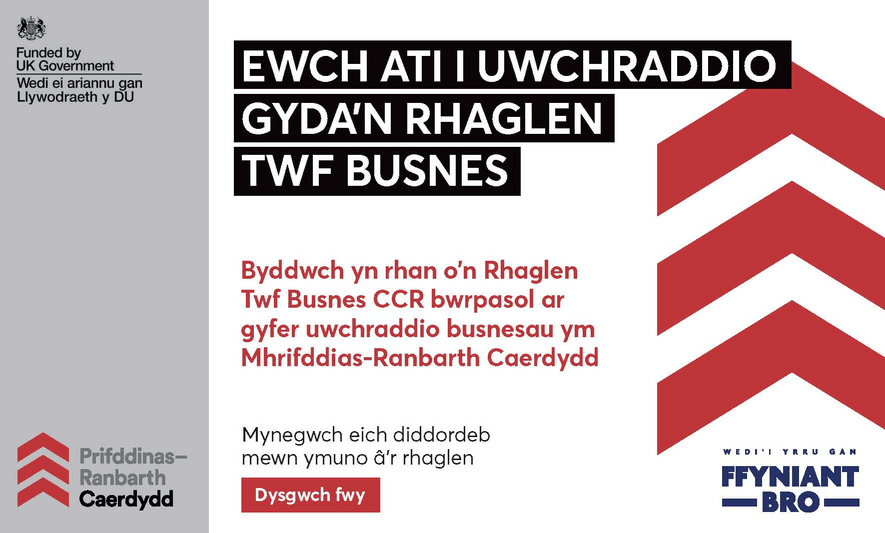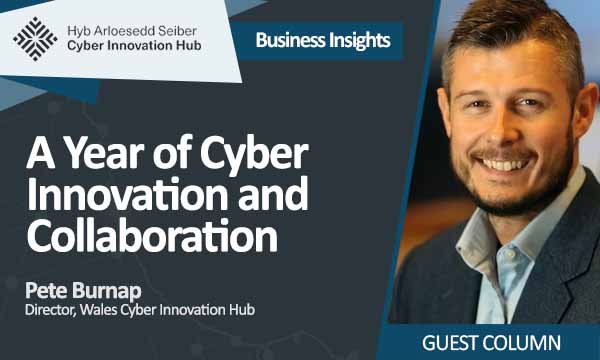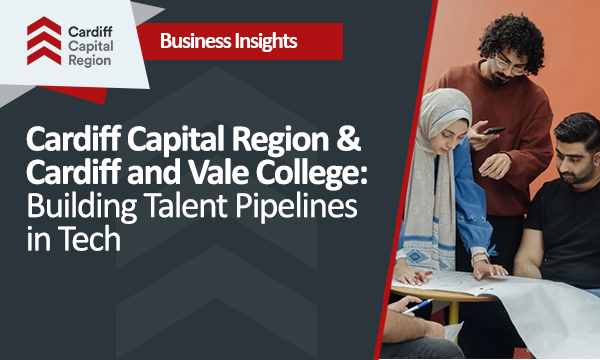If you asked 10 people in Southeast Wales what ‘Sustainability’ meant, you would probably get 10 different answers.
“Recycling.” “Renewable Energy.” “Growing our own Food.” “Going Green.” The list would be long and varied, with each answer painting a small piece of a very big picture.
That picture may be even bigger than we can truly comprehend. Because ‘Sustainability’ essentially means meeting our own needs without compromising the ability of future generations to meet theirs.
It runs much deeper and wider than conservation and environmentalism.
It’s about harnessing all our resources – natural, social, economic and human – for the common good of everyone and everything on our planet.
It’s about creating a healthier, fairer and more efficient way of living, pursuing policies and practices that balance Today with Tomorrow – for a planet which (with our cooperation) can be inhabited for many more millennia by countless future generations living in harmony with a thriving ecosystem.
Building a sustainable future starts with ‘Us’
Securing that sustainable future is ultimately all about ‘Us’ doing certain things, right now and forever more.
Which is why ‘Sustainability’ brings together so many different threads. The Race to Zero is about sustainability. The journey towards a Circular economy is about sustainability. Inclusion and the pursuit of social equity is about sustainability. Decarbonised transport. Heat efficient housing. Secure supplies of homegrown food. A continually replenishing pipeline of talent. Better jobs closer to home … sustainability is the meeting place for all these pillars which, together, can support a positive future for humankind and the world we inhabit.
Given all of that, it’s easy to see why the subject has been passionately embraced as one of the four strategic goals of Cardiff Capital Region. But what are the ‘specifics’ of Sustainability? How did it come to the fore? What does a sustainable world look like? And how will sustainable success be measured?
A sustainable future, many years in the making
The concept of sustainability may seem relatively new, but the move towards ‘sustainable development’ stretches way back into the twentieth century.
By the 1980s, after decades of effort to raise global living standards through industrialisation, many countries around the world were still dealing with extreme poverty.
To many, it seemed that economic development came at the cost of ecological health and cohesive communities – and did not lead to long-lasting prosperity. In 1983, the United Nations decided to meet this challenge head-on, appointing former Norwegian prime minister Gro Harlem Brundtland to run the World Commission on Environment and Development, with the aim of finding a way to harmonise ecology with prosperity.
The resulting report – Our Common Future – effectively ushered in a new consciousness, defining sustainable development as:
“Development that meets the needs of the present without compromising the ability of future generations to meet their own needs”
The Commission had successfully placed ‘sustainability’ on the world’s agenda – as a holistic approach that considers ecological, social, economic and human dimensions, recognising that all of those areas must be valued equally and together.
Since that day, the United Nations has worked with governments around the world to shape sustainability policies and practices – with the UN Sustainable Development Goals (SDGs) of 2015 setting out an ambitious agenda in transforming the world for people, planet and prosperity, through 17 goals that include strong governance, addressing climate change, nurturing health and wellbeing, reducing inequalities, delivering quality education and jobs, generating economic growth through industry, innovation and infrastructure – and putting in place the partnerships to deliver these goals.
What does ‘People, Planet & Prosperity’ look like?
Shaping our societies to create a sustainable prosperity for all people, in harmony with the ecosystem of our planet, is unarguably the greatest challenge facing us as a region, country and species.
Our daily news headlines surrounding climate change, food security and deep-rooted inequalities will never change unless we achieve a state of sustainability.
And that state is being built on four non-negotiable pillars which have emerged to underpin a sustainable future:
HUMAN SUSTAINABILITY
Ultimately, our transformation to a sustainable world aims to maintain and improve the human capital in our society. Any investment in health and education, improvement to services, growth in nutrition, access to knowledge or development of skills falls under the wide umbrella of human sustainability.
It’s a pillar that places huge responsibility on businesses and indeed anyone involved in making products or providing services: and it’s also a major opportunity for those businesses, producers and providers to become a key part of society’s wider wellbeing.
SOCIAL SUSTAINABILITY
Social sustainability is a world where everyone is included and no one is left behind – where healthy communities are built on modern infrastructure providing universal access to essential services, protected by accountable leadership and good governance.
It’s the framework for a stable and healthy society where people feel connected to each other, with the opportunity to grow and fulfil their potential.
ECONOMIC SUSTAINABILITY
If social sustainability focuses on improving social equality, economic sustainability aims to improve the standard of living. Sustainability demands economic growth – quality economic growth across a world of nearly eight billion people, so that every human community across the globe is able to maintain their economic independence and enjoy access to the resources they need.
Those economic resources include sustainable sources of food, housing, education, finance and livelihoods – the absolute bedrock of modern life – with both the pandemic and Ukrainian conflict showing how fragile economic systems can be.
ENVIRONMENTAL SUSTAINABILITY
Environmental sustainability is critical to protect our ‘natural capital’ and human welfare. For our civilisation to thrive and prosper, it’s vital that the earth’s environmental systems are kept in balance, with natural resources being consumed at a rate where they are able to replenish themselves.
Without that environmental sustainability, the world as we know it may not be here for us to inhabit.
What does sustainable success look like?
Adopting sustainable practices, whether large or small, make significant impacts in the long run.
For example, if every office worker in the United Kingdom used one less staple a day by opting for a reusable paper clip, 120 tonnes of steel would be saved in one year.
If every home in the UK switched just one light fixture to energy-efficient bulbs, we would reduce our greenhouse emissions by more than 5 million tonnes.
So, we all make a difference, every day, whether we’re conscious of our actions or not.
The key challenge for governments is measuring the impact of hugely varying activities, assessing their performance against Environmental, Economic and Social principles – and looking to bring a balanced treatment to all three.
Because we can’t be “a bit Sustainable”, or “nearly Sustainable.” We’re either ‘Sustainable’, or we’re not.
That balance – a so-called Triple Bottom Line – may not always be achievable in every project, but there’s a better chance of achieving this holistic goal when these three principles are applied across a portfolio of projects or an entire planned programme.
The UK Government’s policies and programmes are aligned with the UN Sustainable Development Goals, including a 25 year Environmental Plan, a Clean Growth Strategy, an Industrial Strategy and a People Plan.
Welsh Government has taken this ‘People & Planet’ approach even further: becoming the first country in the world to pass a Wellbeing of Future Generations (Wales) Act that views everything through the lens of sustainability … engaging people across Wales in a national conversation on the ‘Wales We Want in 2050’ … legislating sustainable development as the central principle for 44 public bodies … and being instrumental in bringing together key players to carry out sustainable development at the local level.
We share this ambition in the Cardiff Capital Region. Sustainability is enshrined in all that we do, as one of the four strategic goals that guide all of our activities. It’s in our DNA and reinforced by a clear commitment to Environment, Sustainability and Governance.
We are rising to the challenges (and embracing the opportunities) presented by the drive to sustainability, every day – and in our next feature, we’ll explore our #SustainabilityInAction investments made in green game changers such as the decommissioned Aberthaw Power Station, the seam of sustainability running through our Food Challenge Fund; and the vision for sustainable talent pipelines being made a reality through the work of the CCR Regional Skills Partnership and our very own Venture skills initiatives.
#SustainabilityInAction.



